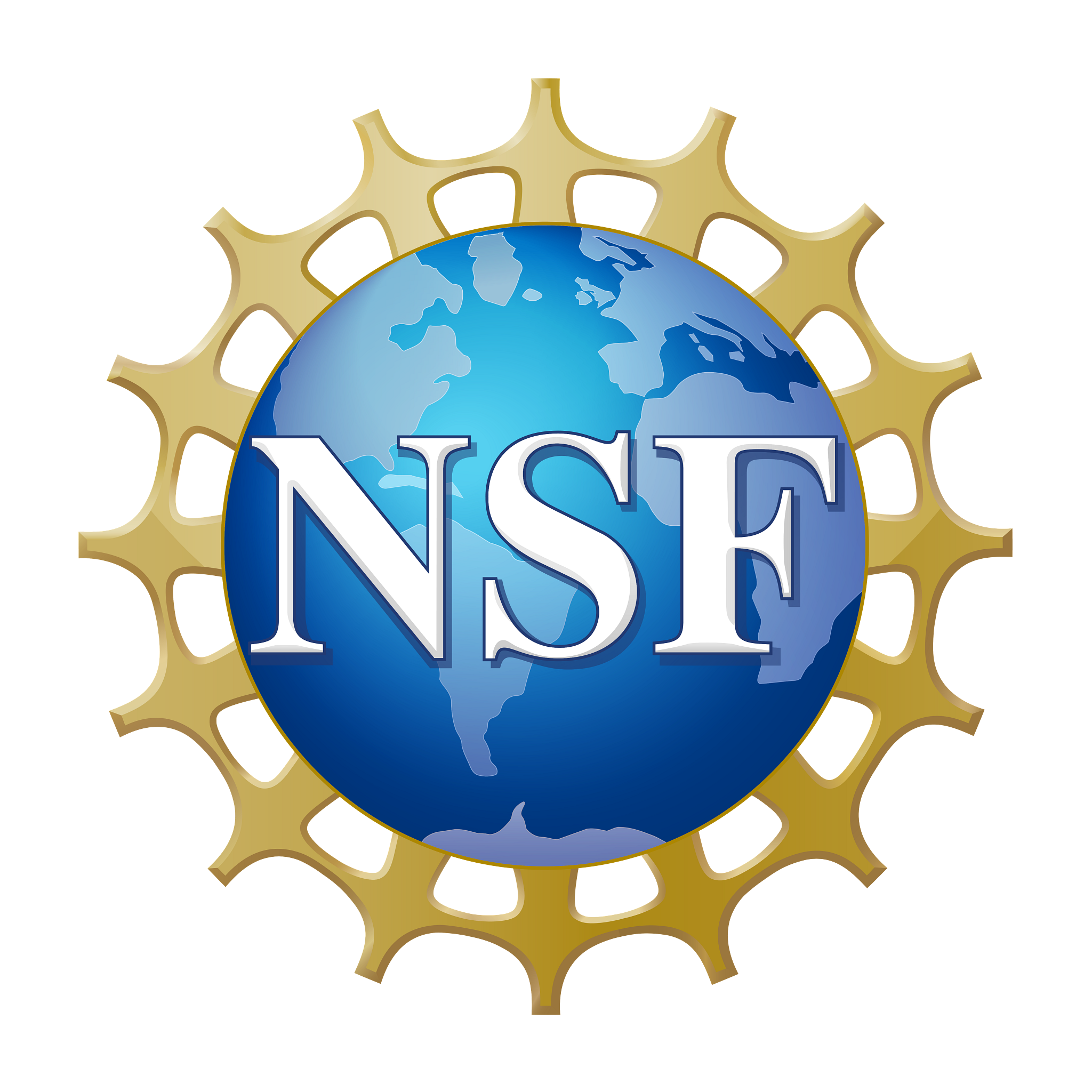Project AWARD Summary 
This project will contribute to the national need for well-educated scientists, mathematicians, engineers, and technicians by supporting the retention and graduation of high-achieving, low-income students with demonstrated financial need at Florida Atlantic University, a Hispanic Serving Institution. The project will support 20-30 college juniors as S-STEM Scholars. Scholars will be selected into two Cohorts and qualify for three-year scholarships to complete an accelerated program to earn a BS in Engineering plus an MS in Artificial Intelligence. Accompanying the scholarships, Scholars will have access to a system of evidenced-based best practices designed to enhance their academic performance, persistence, degree completion, and readiness for high quality careers in Artificial Intelligence and related fields. The practices include curricular enhancements (e.g., hierarchical mentoring, undergraduate research) and co-curricular opportunities (e.g., sharing success seminars, internships, financial literacy). This system of practices is designed to build Scholars' sense of belonging and identities as members of the engineering community, as well as increasing their readiness for STEM careers. The project is intended to bring graduate education in artificial intelligence well within the reach of high-achieving low-income students, thus altering in powerful ways their career trajectories and contribution to STEM. The project will build new knowledge by examining the magnified impact of student scholarships combined with a coordinated system of evidenced-based curricular, co-curricular, and industry-related support on student academic success.
- The overall goal of this project is to increase STEM degree completion of low-income, high-achieving students with demonstrated financial need. The project will select, provide scholarships to, and support Scholars as they complete the accelerated BS/MS degree program culminating with a masters' degree in Artificial Intelligence.
- The project will collect quantitative data on each cohort of Scholars and will use qualitative research approaches to assess Scholars' satisfaction, motivation, development of personal competencies such as self-efficacy, and workforce preparedness.
- The project will be evaluated using a mixed methods approach.
- The project will advance knowledge about how best to prepare the first generations of graduate researchers in Artificial Intelligence and contribute to the development of a new set of guidelines for preparedness and career entry within this emerging STEM fields and related fields.
- Project results will be disseminated through professional conferences and publications and a designated project website, as well as through social media and other public awareness channels.
This project is funded by NSF's Scholarships in Science, Technology, Engineering, and Mathematics program, which seeks to increase the number of low-income academically talented students with demonstrated financial need who earn degrees in STEM fields. It also aims to improve the education of future STEM workers, and to generate knowledge about academic success, retention, transfer, graduation, and academic/career pathways of low-income students.
This award reflects NSF's statutory mission and has been deemed worthy of support through evaluation using the Foundation's intellectual merit and broader impacts review criteria.